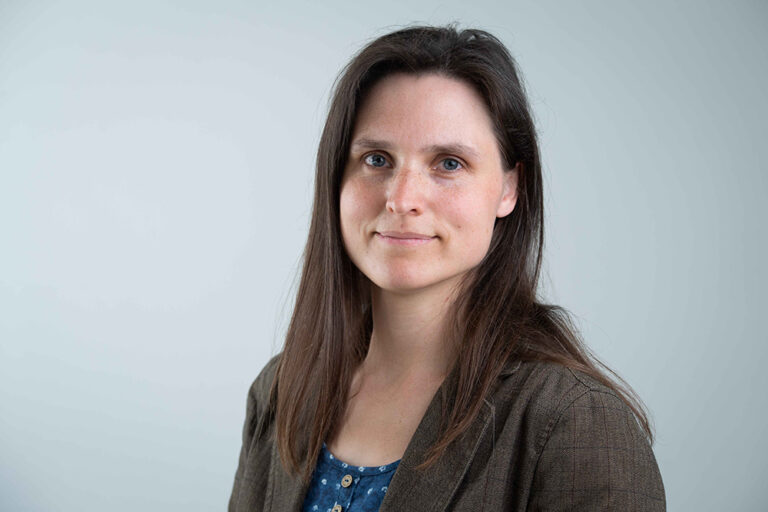Erica Thompson

Dr Erica Thompson is a UKRI Future Leaders Fellow based in the LSE Data Science Institute, where she works on a programme of research around the use and interpretation of mathematical models. Her research interests focus on how to identify meaningful and useful projections of future climate, how different types of model output can be used to inform these projections, and how to think about uncertainty. In the context of climate change, her recent work looks at the value judgements embedded within mathematical models of future climate and energy systems, the problems with statistical interpretation of climate model ensembles (with Dave Stainforth), and the need for diversity in climate modelling approaches. Her latest book, Escape From Model Land (Basic Books, 2022) takes an accessible look at the challenges of using models effectively to inform decision-making and public policy.
Background
Erica’s background is in the physical sciences, having degrees in physics and mathematics from Cambridge University and a PhD in the physics of climate change from Imperial College. Erica joined LSE in 2012 to work on the Munich Re Programme at the Centre for Climate Change Economics and Policy. Since then, she has worked on various aspects of climate model information at LSE’s Centre for the Analysis of Time Series and then at the LSE Data Science Institute, where she is now a Senior Policy Fellow in Ethics of Modelling and Simulation.
Research
Research - 2024
The authors of this paper summarise the contributions to the Topical Collection on quality of climate information for adaptation decision support. Read more

Research - 2022
To date, values are not widely acknowledged or discussed within physical climate science. Yet, effective management of values in physical... Read more

Research - 2021
When do probability distribution functions (PDFs) about future climate misrepresent uncertainty? How can we recognise when such misrepresentation occurs and... Read more

The authors of this paper contribute the first comprehensive synthesis of process-based IAM evaluation research, drawing on a wide range of examples across six different evaluation methods including historical simulations, stylised facts, and model diagnostics. Read more


